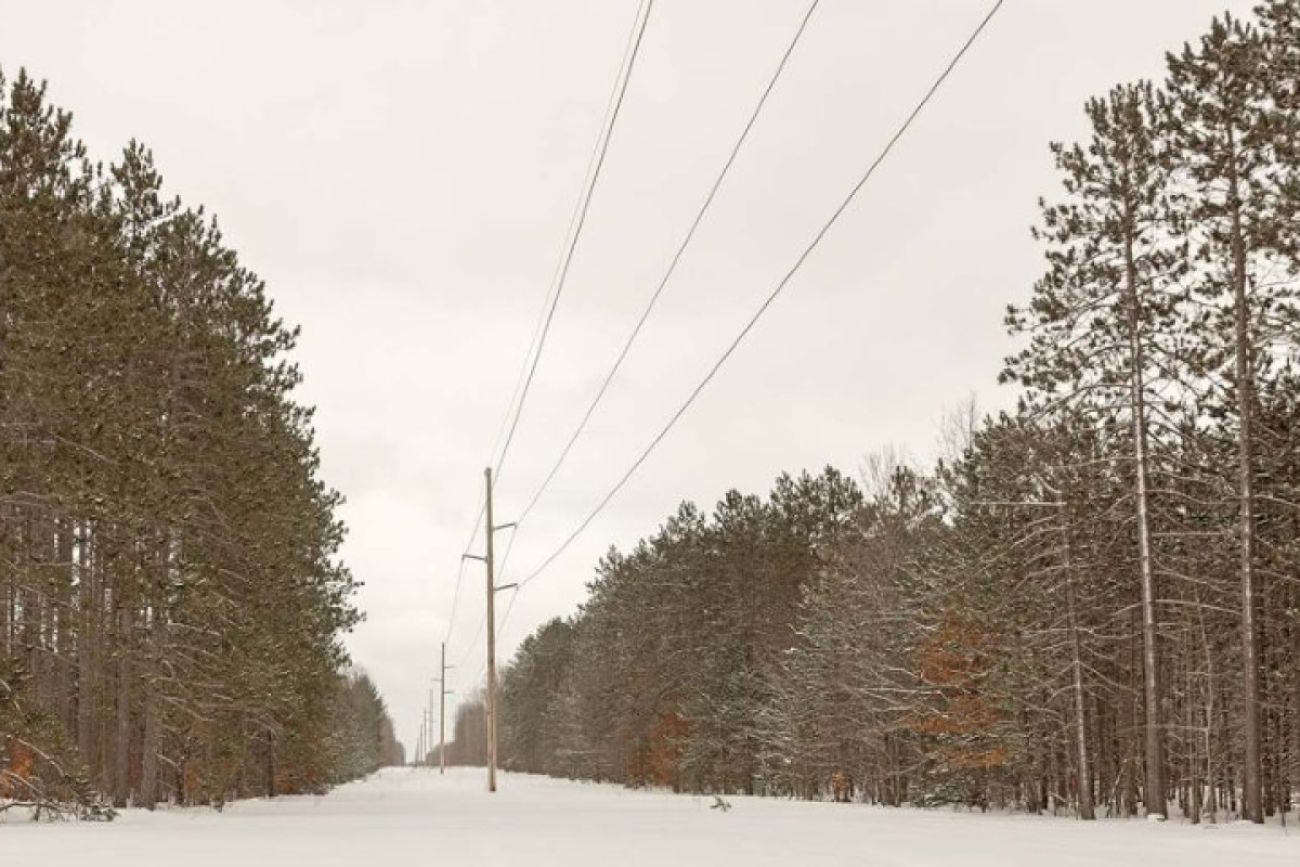Michigan won’t lease state land near Gaylord for solar project

- DNR officials announced Friday they won’t move forward with a proposal to lease 420 public acres for solar development
- The proposal, which emerged in January, had prompted a fierce public debate about renewable energy on public land
- Amid the fury, the solar developer rescinded its request to lease the land
The Michigan Department of Natural Resources will not move forward with a proposal to lease 420 acres of state land near Gaylord to a solar energy developer, the agency announced Friday.
The decision follows months of intense debate about the proposal, in which opponents expressed environmental concerns, fear of losing public access or ideological opposition to renewable energy while proponents argued solar power is being unfairly singled out on public lands that are already heavily used by various other industries.
The furor prompted DNR officials to pause any additional consideration of solar leases and extend a public comment period on the Gaylord-area proposal proposal by several months.
By the time formal vetting began, the private solar developer that had initially requested access to the land, RWE Renewables, had already withdrawn its interest.
In a letter sent Friday to a number of legislators and interest groups, DNR Director Scott Bowen cited the company’s retreat and public concerns as reasons for the decision to not move forward.
A pause on new utility-scale solar developments will remain in place while agency staff develop a decisionmaking framework for any future consideration of leasing state forestlands for solar energy.
“As part of this framework, the DNR will solicit input from local communities and lawmakers early in the process if solar development is being considered,” Bowen wrote.
The pause doesn’t affect solar leases already in the works at the former Groveland Mine site north of Iron Mountain or near the Roscommon Conservation Airport outside Roscommon.
Long-term, the DNR has pledged to lease no more than 4,000 of the state’s 4.6 million acres of public land for renewable energy. That pales in comparison to the 350,000 acres of state land currently leased for oil and gas wells. Additional land is leased or contracted out for powerlines and pipelines, mining, logging and other industrial uses.
Solar proponents expressed disappointment with the intense public scrutiny the Gaylord proposal faced, saying they rarely see so much outcry about other industrial activity on public land.
RELATED:
“Our fossil fuel operators have left innumerable scars all over our state and there doesn't seem to be the same level of accountability and stringency to protect our natural resources when it comes to fossil fuels,” said state Sen. Jeff Irwin, D-Ann Arbor.
Citing misinformation that surrounded the Gaylord area proposal — including false claims that the DNR was planning to sell rather than lease the land or that solar panels would cover a local hiking and skiing trail — Irwin added that “fossil fuel interests and the politicians they control know that they have to lie about solar in order to maintain their market share.”
But opponents of solar on public land said drill rigs and clearcuts don’t hinder public access and wildlife movement the way that hundreds of acres of solar panels would. Still others simply don’t like the look of solar panels or don’t believe they can generate meaningful power in the snowy north (research says otherwise).
State Sen. Michele Hoitenga, R-Manton, one of several up north lawmakers who have raised objections to the Gaylord proposal, said she’s happy DNR officials “listened to the outpouring of our citizens.
“I do not believe state land should be used, whatsoever, for any of these projects,” she said, calling for “more studies and data to show solar and wind is not harming our land.”
DNR officials have tried to mitigate opponents’ concerns by pledging to use proceeds from any future solar leases to purchase replacement land acre for acre. If the DNR ever lifts the pause on solar development, Bowen indicated that the “no net loss” policy would remain in place.
“Feedback the DNR received on the Otsego County proposal will help guide future conversations about utility-scale solar and other intensive developments proposed on state-managed public lands,” Bowen wrote. “Public lands contribute to our economy, our identity, and our quality of life in Michigan and the public has a strong and vested interest in how they are managed. Taking a thoughtful, measured approach to the way these lands are managed needs to be at the heart of every decision we make.”
Michigan Environment Watch
Michigan Environment Watch examines how public policy, industry, and other factors interact with the state’s trove of natural resources.
- See full coverage
- Subscribe
- Share tips and questions with Bridge environment reporter Kelly House
Michigan Environment Watch is made possible by generous financial support from:
Our generous Environment Watch underwriters encourage Bridge Michigan readers to also support civic journalism by becoming Bridge members. Please consider joining today.
See what new members are saying about why they donated to Bridge Michigan:
- “In order for this information to be accurate and unbiased it must be underwritten by its readers, not by special interests.” - Larry S.
- “Not many other media sources report on the topics Bridge does.” - Susan B.
- “Your journalism is outstanding and rare these days.” - Mark S.
If you want to ensure the future of nonpartisan, nonprofit Michigan journalism, please become a member today. You, too, will be asked why you donated and maybe we'll feature your quote next time!






